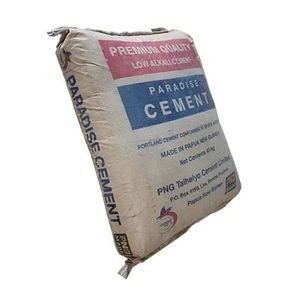Introduction to Fundamentals Building Materials
Fundamentals building materials form the backbone of construction projects. These essential materials are the building blocks used in various applications, from residential homes to commercial buildings. Understanding the types, features, and practical applications of these materials is crucial for architects, builders, and contractors alike. This guide dives deep into the fundamentals building materials that are indispensable for any construction endeavor.
Types of Fundamentals Building Materials
Fundamentals building materials can be categorized into various types based on their characteristics and functionalities. Here are some prominent categories:
- Organic Materials: These include wood, straw, and bamboo, which are renewable and environmentally friendly.
- Inorganic Materials: This category incorporates stone, concrete, and brick, known for their durability and strength.
- Synthetic Materials: These include plastics and composites that provide versatility and design flexibility.
- Metal Materials: Steel and aluminum offer excellent structural integrity and are commonly used in frameworks.
Function and Feature of Fundamentals Building Materials
Understanding the functions and features of fundamentals building materials can significantly influence the quality and longevity of construction projects. Here are some key features:
- Durability: Most building materials are designed to withstand various environmental conditions, ensuring a long life cycle.
- Insulation: Many materials possess thermal insulation properties to enhance energy efficiency in buildings.
- Load-Bearing Capacity: Materials like steel and concrete are specifically engineered to support significant weight, making them vital for structural integrity.
- Aesthetic Appeal: Different materials offer unique textures and colors, allowing for creative and aesthetically pleasing designs.
Applications of Fundamentals Building Materials
The applications of fundamentals building materials vary widely, tailored to meet specific needs across different sectors. Here are some notable applications:
- Residential Construction: Used in building homes, including walls, roofs, and foundations.
- Commercial Development: Essential for constructing offices, shopping centers, and schools.
- Infrastructure: Building roads, bridges, and airports requires robust materials like concrete and steel.
- Renovation Projects: Often necessary for upgrading or restoring existing structures with modern materials.
Advantages of Choosing the Right Fundamentals Building Materials
Opting for the appropriate fundamentals building materials brings a multitude of advantages that enhance the overall construction process. Consider the following benefits:
- Cost Efficiency: Quality materials can reduce long-term maintenance costs and increase the value of the property.
- Environmental Impact: Sustainable materials minimize the ecological footprint of construction projects.
- Safety: Selecting materials that comply with safety standards protects inhabitants and structures from potential hazards.
- Versatile Usage: Many materials can be adapted for various applications, providing flexibility in design and function.
In conclusion, understanding the essentials of fundamentals building materials is key to successful construction endeavors. From knowing the types to recognizing their functions and applications, these materials are the cornerstone of a durable and sustainable structure. Whether you're a builder, architect, or investor, making informed decisions about your building materials can set the foundation for enduring quality.















































